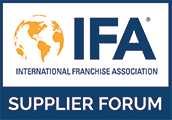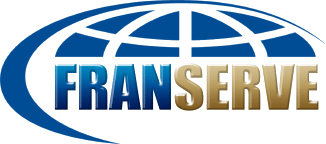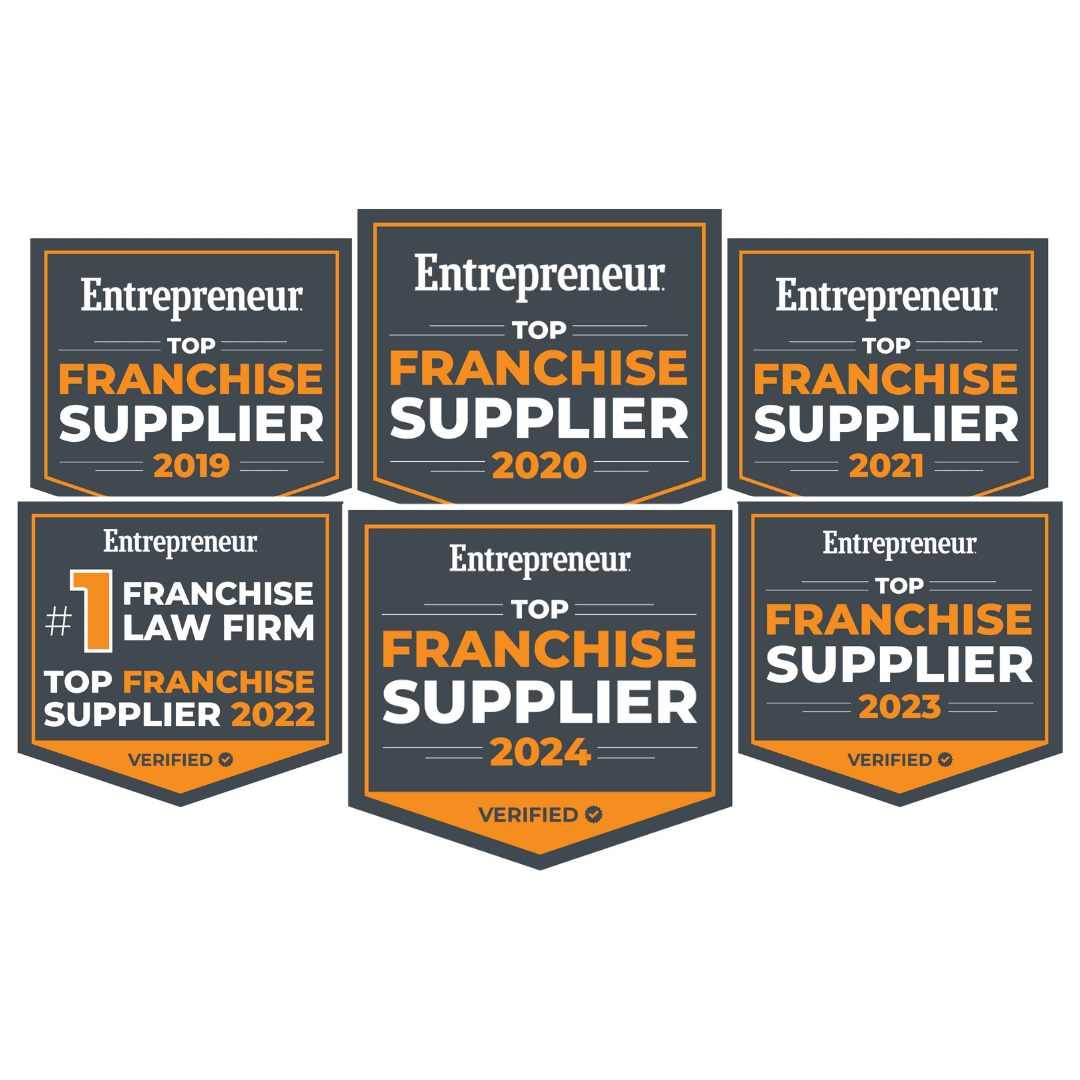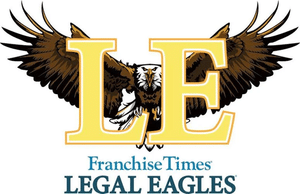To catch the latest Spadea Lignana news, be sure to tune in and subscribe to our panel discussions through our podcast on iTunes.
“Helping Franchisees Move from Owning a Job to Owning a Business” explores the idea of owning a business, rather than a job. Join us as our three panelists led a Q&A session that discusses the fundamentals necessary to own a successful business.
Meet the Panel
Donald Welsh
Multi-unit franchisee for Sonic Drive-In
Don entered the franchising industry in 2005, when he opened three Sonic Drive-In restaurants: one in southeastern Pennsylvania, one in northern Delaware, and one in southern New Jersey. In 2007, Sonic honored Don as the Franchisee of the Year, based on the criteria that he was willing to embrace Sonic programs and build the brand market. Don represents Sonic on a variety of committees. Connect with Donald.

Todd Leonard
VP of Operations & Franchise Development for Executive Care
Todd is the vice president of operations and franchise development for Executive Care, a national franchise that offers its clients non-medical senior home care services. This helps seniors retain their independence for as long as possible and provides peace-of-mind to families. Todd prides himself in his company’s mission: to provide quality, essential services with compassion for the families they serve. Connect with Todd.

Mark Steinke
Franchisee for Focalpoint Business Coaching
Mark is a business coach who works with business owners, executives, and other professionals to refine their focus. When clients come to Mark, they typically are spreading themselves thin across many different business areas. Mark helps his clients decide which role they should fill, allowing them to work on the business rather than in it. Connect with Mark.

Main Points
Let’s take a look at a few key discussions during this event:
[2:33-11:01] Advice for New Franchisees
We open up our luncheon by discussing how a franchisee approaches the franchising world. Todd points out, “stability can be hard to find in the job market today.” Individuals are seeking long-term solutions and the franchise industry can offer that if the franchisee is capable of running a business.
Mark and Don both agree that a newly integrated franchisee can’t solely rely on the franchise model to take care of everything. In order to succeed, a franchisee needs to have business skills, principles, and ideas (and a franchisor that understands this as well).
A lack of business skills breeds poor decisions. If you are having a hard time achieving your goals, a business consultant may be able to step in for support.
[11:02-24:28] Emerging Franchisors & Franchisees: Training, Skill & Support
Franchisors do a disservice to the business by selling a franchise to an individual that doesn’t have the appropriate skill set to handle a particular business. Mark emphasizes the importance of the vetting process. There are plenty of “assessments that ascertain business skills.” A behavior interview can be helpful too; this kind of evaluation can make it easier for you to understand if your candidate is qualified.
Although it is important to measure your potential franchisee’s skills, team culture matters too. Todd explains, “One single person will not have all the skills necessary. It becomes just as critical to focus on structured training suitable for a variety of personalities.”
Although a business plan can be a methodical process, this kind of structure can address a franchisee’s plan for growth and can be used as a coaching tool along the way.
[24:29-28:58] How to Motivate Complacency
It’s human nature that individuals become complacent. How do you deal with that? Don exclaims, “Grow or die!” It can be hard to enforce development agreements and even the “top dogs” in the industry can get too comfortable. If this is the case, use them as a model of success. This kind of franchisee can be a beacon that can build up franchisees that are new or struggling.
[28:59-38:09] Audience Questions
The panel answers questions about unit economics, margins, and marketing efforts.
[38:09-52:56] Managing Validation
A good indication that your business model works is if the franchisee has the ability to “step out” and the business continues to succeed. Todd speaks from a potential buyer’s perspective, “If your girl or guy is still handling day to day operations after five years, this is not a good validator.”
Don holds a different view. He explains, the only real difference between two McDonalds is the real estate and the owner—the rest is identical. As long as the business has solid fundamentals, the only aspect a potential franchisee should be validating is their own ability.
Todd remarks, a business model is a great accountability component if you find your ability lacks. Some franchisors require a business plan before a deal is signed. It can take up to a year for that business model to be approved; if you have worked that long on your plan “hold yourself accountable.”
[52:57-53:58] Takeaways
Tom ends the luncheon by asking each panelist what for one important message:
Todd says, “integrity from both sides.” A franchisor should help direct and grow a franchisee and the franchisee should absorb what is necessary from the business model in order to succeed.
Mark states, “it’s a business first and a franchise second, operate it that way.”
Don ends the discussion with a question: “Are we selling franchisees or are we buying franchisees or is it something entirely different? Make sure you are authentic.”










